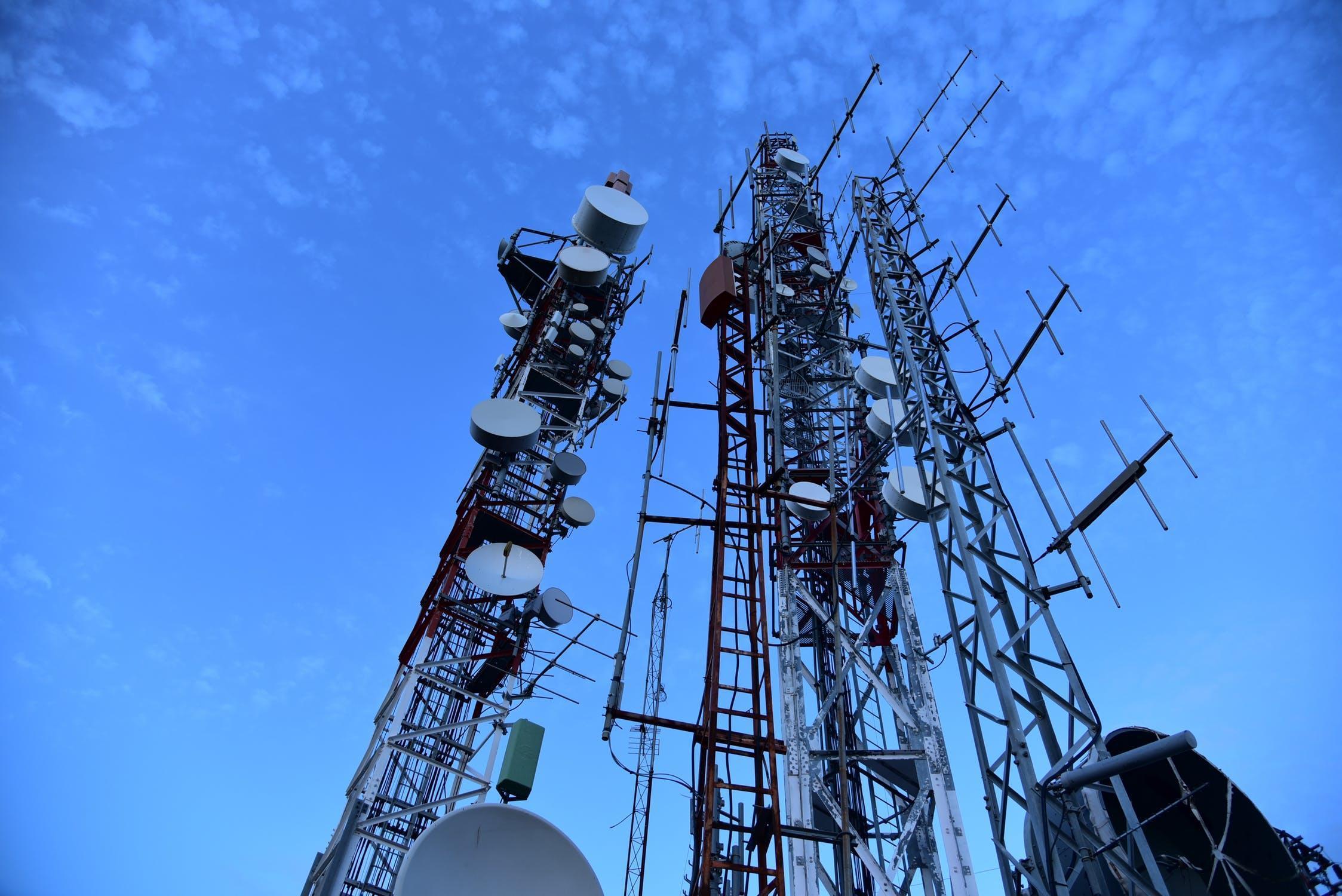Comments (1)
Michael Smith
I do agree with you

It is now widely accepted that grid operators are the enablers of the energy transition for several reasons:
However, we see, among European DSOs, very different modes of action, almost opposite strategies. Everything obviously depends on the regulatory framework but let us not be too naive: this context does not explain everything.
No action is performed “for free”. All are conditioned by an intention that justifies and motivates it. Often, the intention is more important than the action because it gives it some of its meaning. In other words, the same action will be more or less accepted depending on whether the intention behind it, is laudable or not.
For whom and for what, then, the DSOs enable the energy transition? In other words, what are their intentions?
I observe in Europe three cases to answer these questions:
The intention of the DSOs is strategic, and they work primarily for their shareholder.
These DSOs are at the service of either a historical supplier who is still their main shareholder, as in some Latin-European countries for example, or a private shareholder in a context of total unbundling.
In such a case, the success of the energy transition is based on the attractiveness of regulatory policies for the DSOs’ shareholders, a kind of utopia given the complexity of the movements to operate. The tensions between DSOs and regulators or DSOs, consumers and the economic players are likely to grow, as environmental and societal obligations increase.
The intention of the DSOs is political, and they work primarily in support of a regulatory policy.
The energy transition thus conducted, has the advantage of being rather consistent with the political will but it requires, to be fully successful, a correctness and an adaptation of the political decisions, difficult to reconcile with the rather “authoritarian” character of such an approach.
Divergences with the aspirations and needs of the different actors of society are likely, here too, to develop.
The intention of the DSOs is societal, and they work primarily for the consumers and the economic actors.
By respecting the rules set by the regulator, the DSOs listen to and serve the economy. Their mode of action, more empathetic, is also more complex to implement. Very interesting movements are observed in Germanic and Scandinavian Europe, where the fragmentation of the DSOs allowed them to reach a greater proximity with their customers.
These approaches require more dialogue and, perhaps, courage and trust between actors, but, from my point of view, promise better accepted transition processes and therefore better results.
Each of the cases described above does not mean that the DSOs only work for one actor. In a political or societal approach, economic efficiency is not forgotten. In all countries, the economic, political and societal objectives of the DSOs are pursued simultaneously, with more or less happiness. But in each case, it is the preeminence of one objective over others, for which the performance achieved is seen as a consequence of the results obtained on the main objective.
It is easy to imagine that DSOs evolving with different tactics will find it difficult to agree on coherent energy transitions. But this look gives some directions of action to who wants to reconcile parallel evolutions led today in the matter of energy transition: for example, between utilities and buildings, utilities and industry or even utilities and local authorities.
Click here to read other articles of the same author.
I do agree with you
Eric Morel is a worldwide recognised expert of energy transition and digitalisation. In the past, he has served as VP Corporate Business Strategy and VP Global Smart Grids and Energy Efficiency at Schneider Electric as well as CEO of Ilevo, a telecommunication start-up. He is a founding member and a former Board member of the Gridwise Alliance, the main professional private/public association dedicated to Smart Energy.
Leave your comments
Post comment as a guest